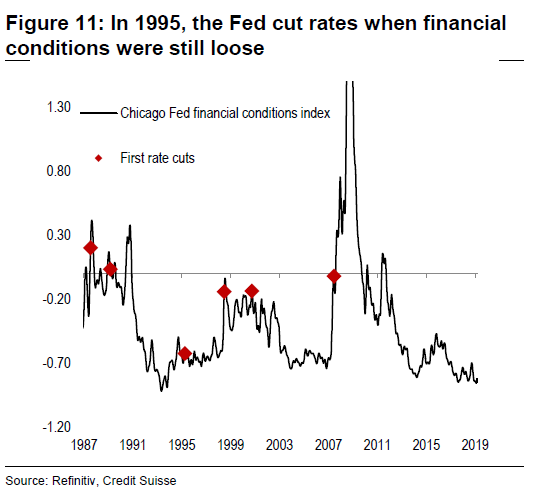Submitted by Taps Coogan on the 26th of June 2019 to The Sounding Line.
Enjoy The Sounding Line? Click here to subscribe for free.
Enjoy The Sounding Line? Click here to subscribe.
Imagine two people: John and Peter.
John was just hit by a bus. He is in the hospital on painkillers.
When talking about John’s health, the relevant detail is the bus, not the painkillers. Whether John will eventually get hooked on painkillers, and suffer health problems as a result, is not what rational people will worry about when hearing that John was just hit by a bus.
Then there is Peter. Peter is upping his dose of painkillers because he sprained his ankle. Peter started taking painkillers ten years ago after being hit by a bus. Even though Peter recovered from the bus accident, he never stopped taking the painkillers. He just doesn’t feel good without them.
When talking about Peter’s health, the relevant detail is the painkillers, not the bus. Anyone worried about Peter’s health is going to be worried about the fact that he is hooked on painkillers.
The Economy Is Hooked on Easy Monetary Policy
The Global Financial crisis was a once-in-a-100-year event. When central banks rolled out their ultra-accommodative monetary policy during the depths of the recession, the side-effects that such policies might produce if continued for many years were mostly irrelevant.
This is no longer the case. It has been ten years since the crisis, and every major central bank in the world is talking about a return to, or deeper continuation of, the most accomodative global monetary policy in history. They are doing so because of a slowdown in growth, the likes of which the world has experienced every five to ten years since the dawn of time.

Like Peter’s painkillers, permanently accommodative policy has become the problem.
Monetary policy does not make the economy more productive, it simply pulls forward demand by incentivizing borrowing. The idea that accomodative policy could ever pull forward enough borrowing such that the economy will ‘hit escape velocity’ and allow central banks to remove the stimulus is completely nonsensical. The increase in borrowing comes at the expense of future borrowing and, by definition, goes towards activities that would be uneconomic at higher rates. Remove the low rates, and past accomodative policy becomes a drag on growth, not an engine of growth. Accommodative policy simply begets more accommodative policy.
Only by improving a country’s regulatory, infrastructure, and tax environment can it become structurally more productive. Such pro-growth reforms are always politically difficult, but when the world indulges in the delusion that permanently accommodative monetary policy is an effective alternative, pro-growth reform becomes essentially impossible. There has been strikingly little of it since the Financial Crisis.
Does Anyone Still Believe that Ultra-Accommodative Policy Is Temporary?
During and after the Financial Crisis, central banks went to great lengths to express the temporary nature of ultra-accommodative policy. Because many of the side effects of unconventional policy are themselves a function of investors’ expectations about the future course of policy, the temporary nature of these policies was critical to avoid the side-effects.
Central banks are now describing ultra-accommodative policy as an essentially permanent part of the economy. The Chairman of the Federal Reserve has literally suggested that we rename ‘unconventional policy’ as conventional policy.
A Secular Shift Is Underway
The significance of the shift from temporarily extreme policy to permanently extreme policy cannot be overstated. As investors and consumers wise up to the reality that extreme monetary policy is permanent, their behavior is going to change. That may be extremely bullish for financial assets. It may not be. Either way, this is not business as usual. Central banks doubling down on extreme policy to preemptively fight recessions is not normal. Recessions are normal.
Would you like to be notified when we publish a new article on The Sounding Line? Click here to subscribe for free.
Would you like to be notified when we publish a new article on The Sounding Line? Click here to subscribe for free.


Great article and summary of monetary policy!
Thank you
How do they turn it off? What happens when they do? The only way to deflect this false fake financial system is a global scripted event, such as an alien invasion. Then they literally just “turn it off”. Fiat finally fails globally as well. This is when the biblical “Mark of the Beast”, to take or not to take the Mark, “in order to buy or sell”, takes place. This is the end.
My advice would be let the next recession unfold. Take the pain and clean out the system. It doesn’t need to be the end of the world, just a stiff recession. if we keep kicking the can and incentivizing bad behavior it will be something worse.
it certainly feels that the end of the world MUST coincide with the next recession… At least that’s how these PHD crooks see it (and if they don’t they can be replaced by a lackey yes man)
Indeed. Need to just take the pain and move on but instead the problems become chronic